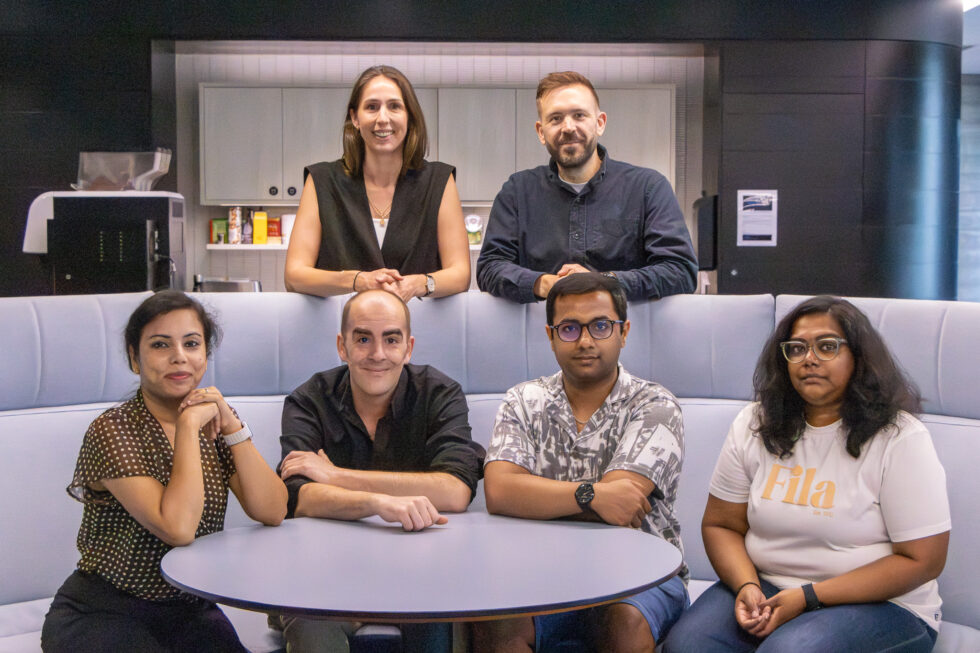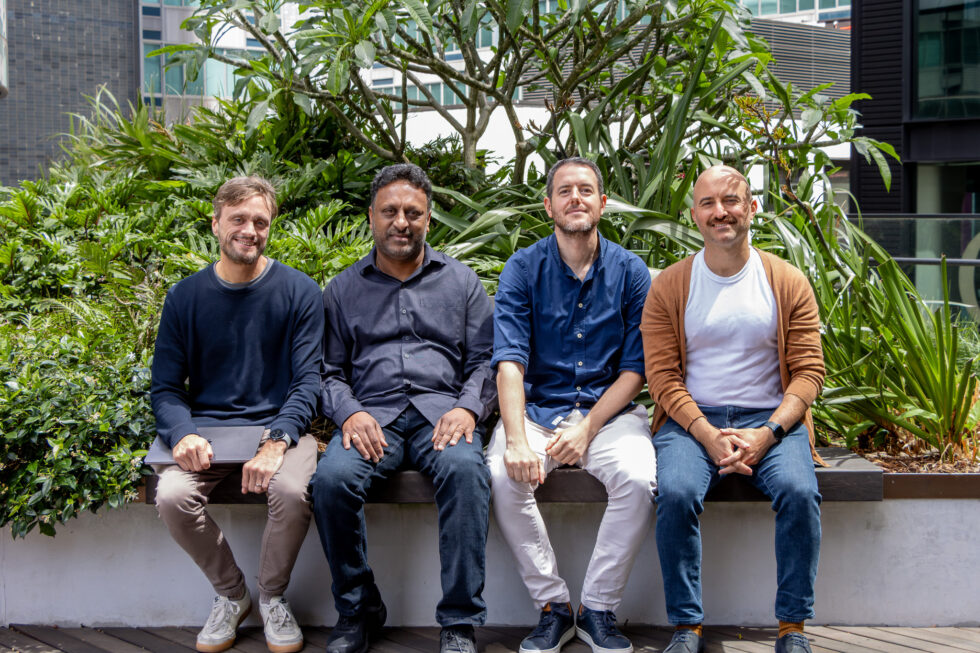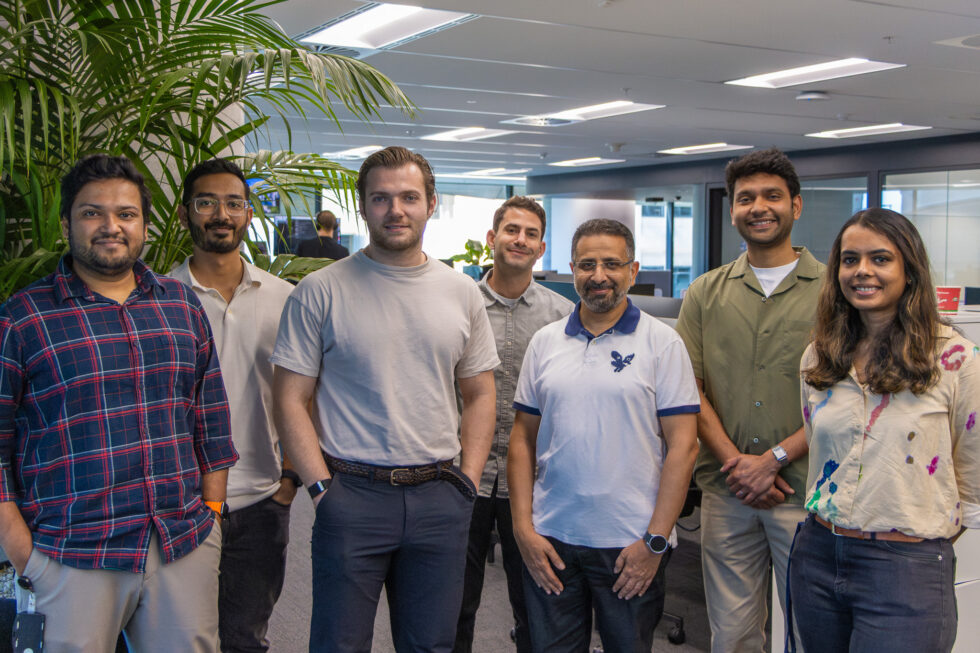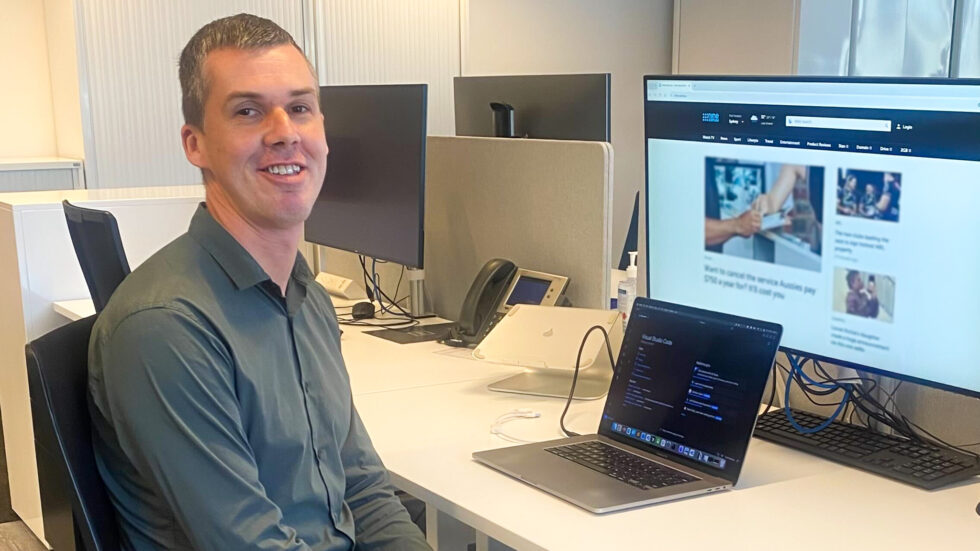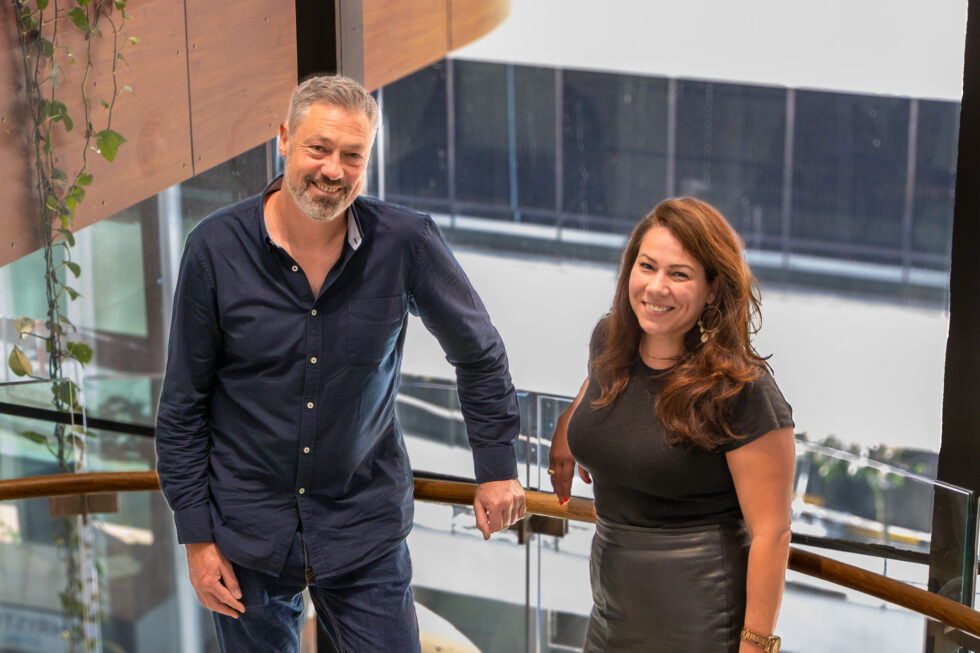Inside Nine’s AI-powered development environments
Written by Joe Lee, Engineering Manager, Publishing Apps, David Lewis, Engineering Manager, Commercial Products and Simon Olsen, Engineering Manager, 9Now.
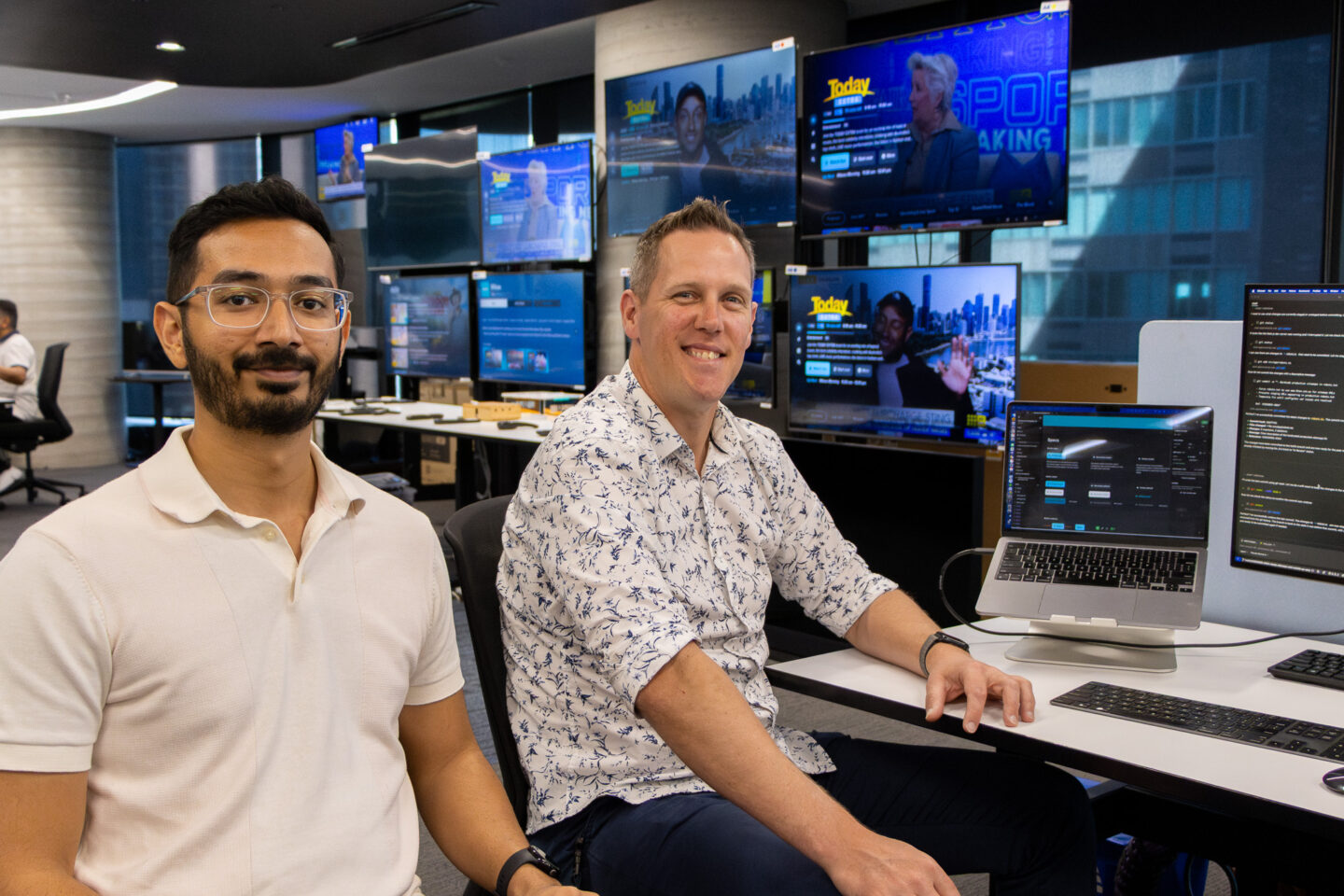
Remember that feeling when you hit a wall in a coding session, wishing for a way to fast-forward to the solution?
At Nine, we’re not just wishing—we’re building a future where our engineers work alongside AI to bypass roadblocks and focus on creativity and innovation.
Like many teams today, we faced a new kind of challenge as AI tools became more prevalent. While new options like Copilot and MCPs promised to accelerate our work, the unguided adoption of various AI assistants led to a fragmented workflow. AI suggestions within the code editor were inconsistent with established coding standards and design systems. And the resulting lack of confidence in prompting solutions meant we saw our engineers snapping out of the code editor to use external AI tools like Gemini and ChatGPT (or returning to traditional options like Google search and Stack Overflow). The ‘wild west’ of AI was creating as many problems as it solved.
If we want our team members to use AI to be more efficient, it’s not enough to throw some tools their way and say, “Have at it!” We need a different approach.
What followed wasn’t a top-down mandate; instead, we focused on guiding our teams with utilising the tools they already possessed, right where they already worked: inside the code editor. This led us to focus on the powerful capabilities of tools like GitHub Copilot and the Model Context Protocol (MCP) servers, which are available to us through our service providers.
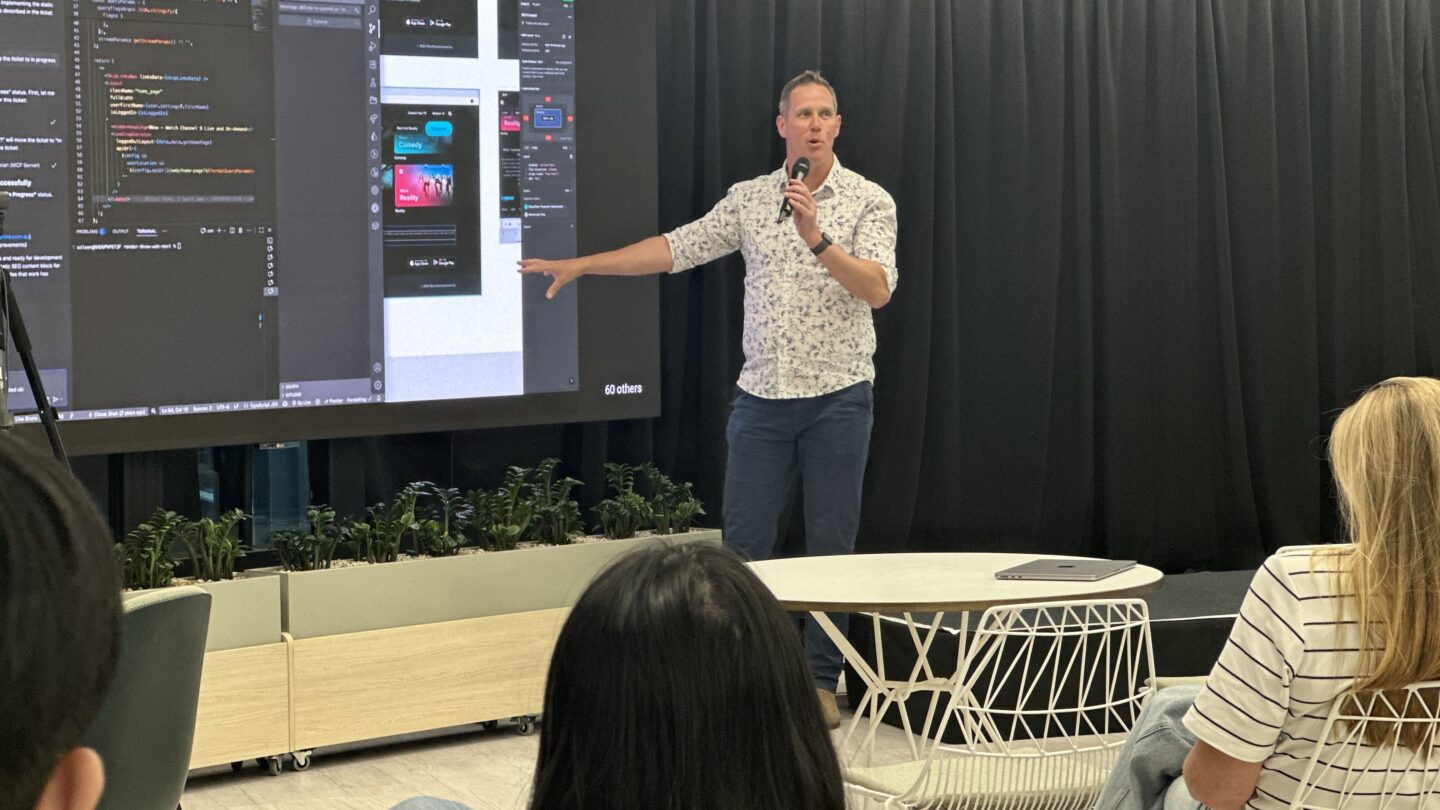
The MCP servers became a key focus because we saw them as a way to close the loop between the developer’s work inside the code editor and the critical services they use every day. Rather than leaving the code editor to check on a Jira ticket or a Snyk security scan, we bring that context directly into the Chat Agent of the development environment, reducing context switching.
This strategic focus unlocked a new way of working. A great example of this is our ability to create custom, ‘disposable’ tools. Teams often need a quick script to pull data for insights or automate a tedious task. Using an AI-enhanced code editor, we’ve transformed this process. For instance, one team needed a dashboard to track dependency updates. What could have been a multi-day project was completed in just four hours, with the AI assistant generating the necessary code. This not only accelerated the project but also freed up the developer to focus on higher-value work.
The impact of these tools goes beyond simple lines of code. It’s about empowering our people to be more ambitious and confident in their work.
We’re seeing a shift where developers are no longer limited to their primary skill set. A JavaScript developer might now feel confident enough to experiment with Golang, while an Engineering Manager can use AI to collate complex data points to aid in their decision-making. This newfound confidence is driving innovation and breaking down traditional silos.
Our teams are already experimenting with exciting applications of this technology. We’re using Figma’s MCP to bring design context directly into our codebase and have begun using it in our onboarding to allow new hires to “talk” to the codebase, enabling them to get up to speed faster than ever. We’re using Atlassian’s MCP to reference requirements in Confluence, as well as update Jira tickets with comments and move them along in active sprints. We’re using GitHub MCP to make commits, create draft pull requests and toggle draft pull requests when they’re ready for review.
The journey has only just begun. The AI-powered environment we’re building isn’t just about efficiency; it’s about enabling a future where solutions that were once considered impossible are now within our reach. We believe that curiosity, resilience, and a mindset of continuous learning are the most important skills for this journey. If you are a builder who is excited by the prospect of shaping the future of media and technology, we encourage you to join us.
